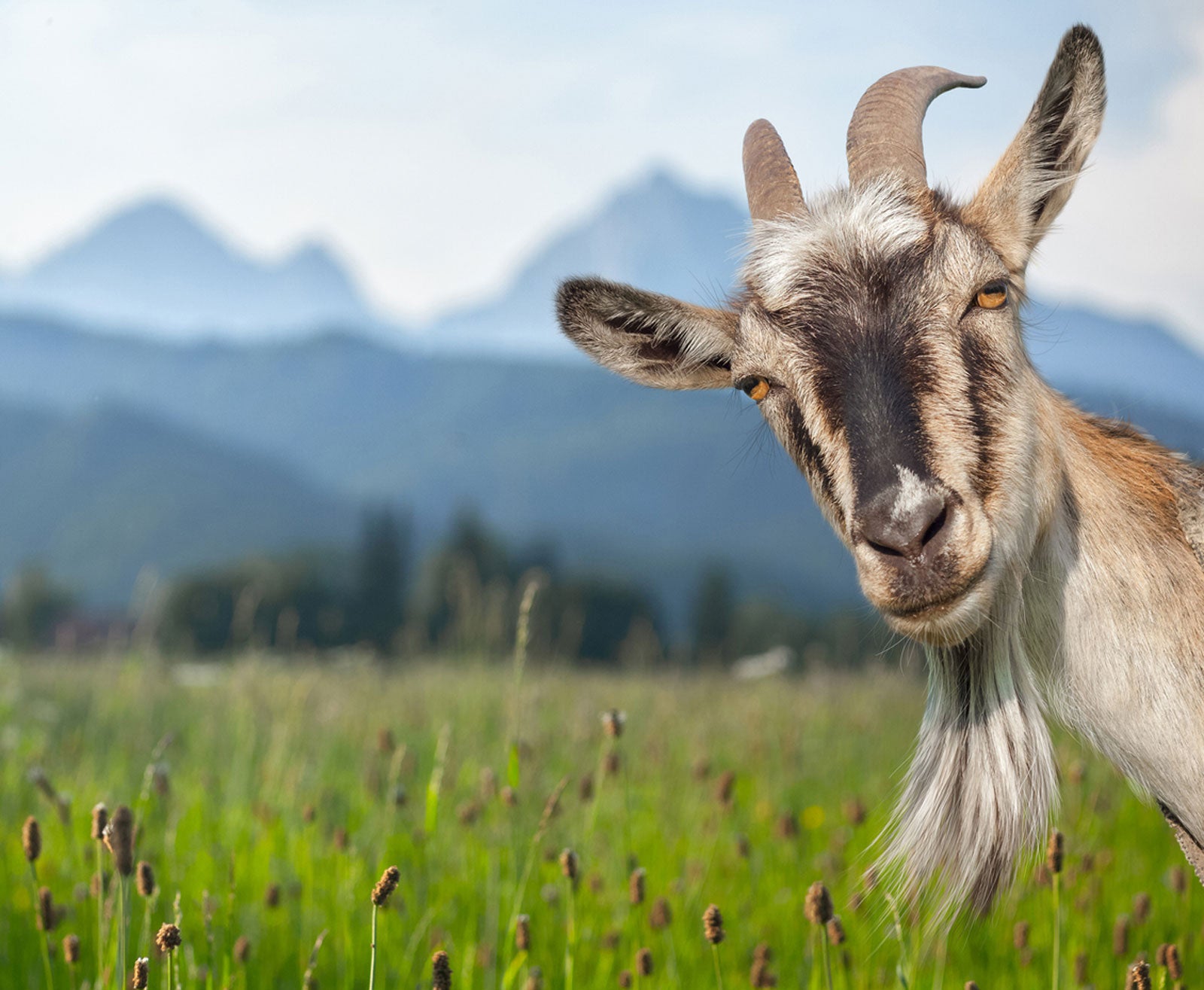Uses For Goat Manure - Using Goat Manure For Fertilizer


Using goat manure in garden beds can create the optimal growing conditions for your plants. The naturally dry pellets are not only easy to collect and apply, but are less messy than many other types of manure.
There are endless uses for goat manure. Goat droppings can be used in nearly any type of garden, including that of flowering plants, herbs, vegetables, and fruit trees. Goat manure can even be composted and used as mulch.
Is Goat Manure Good Fertilizer?
One of the most common uses for goat manure is as a fertilizer. Goat manure fertilizer can help gardeners produce healthier plants and crop yields. Goats not only produce neater pelletized droppings, but their manure doesn't typically attract insects or burn plants as does manure from cows or horses.
Goat manure is virtually odorless and is beneficial for the soil. This manure contains adequate amounts of the nutrients that plants need for optimal growth, especially when the goats have bed in stalls. As urine collects in goat droppings, the manure retains more nitrogen, thus increasing its fertilizing potency. However, this increase in nitrogen usually requires composting prior to use.
Using Goat Manure for Fertilizer
Using goat manure in garden areas is one of the best ways to enrich the soil. Its pelleted state makes it suitable for direct applications to flower and vegetable gardens without the worry of burning plants. In addition, the pellets are easy to spread and till into the garden.
Working in equal parts of goat manure, sand, and straw to spring beds is another option, adding more or less manure throughout the season depending on the plants' grown. If desired, you can add your goat manure fertilizer to the garden in the fall and allow it to soak into the ground over winter.
You can typically obtain goat manure fertilizer from garden supply centers or from local farms and retailers. In fact, if you are willing to come get it, many goat farmers would be more than happy to give you manure just to get it out of their way.
Sign up for the Gardening Know How newsletter today and receive a free copy of our e-book "How to Grow Delicious Tomatoes".
Composting Goat Manure
Making your own compost is not hard or messy. Finished compost is dry and very rich. Set up your composting device, which in most cases consists of a bin-type structure. Mix the manure in with other organic materials such as grass clippings, leaves, straw, kitchen scraps, eggshells, etc.
Keep the compost moist and occasionally stir the pile to mix everything together and increase airflow, which helps break it down. Depending on its size, this can take weeks or months. Keep in mind that the smaller the pile, the faster it will decompose.
Another advantage to using goat manure for fertilizer is the fact that the pelletized droppings allow more airflow into compost piles, which speeds up composting time as well. When composting goat manure, you may want to work the pile throughout fall and winter for spring application, or you can take out what you need for a given job until the compost is finished.
Composted manure can add nutrients to the soil, promote healthier plant growth, and increase crop yields without the use of harmful chemicals.

Nikki Tilley has been gardening for nearly three decades. The former Senior Editor and Archivist of Gardening Know How, Nikki has also authored six gardening books.